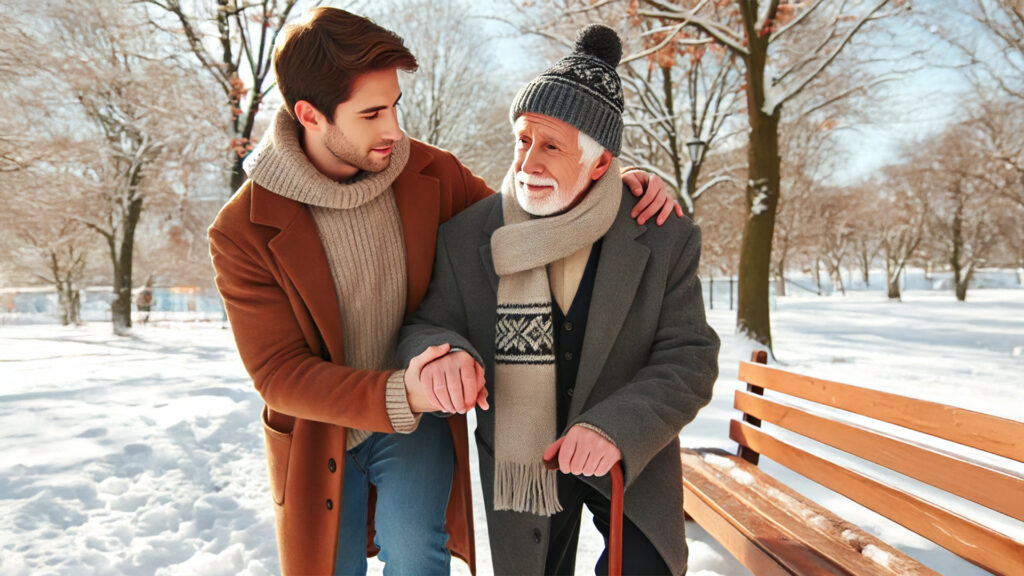Winter can be a challenging time for elderly individuals due to colder temperatures and increased health risks. Ensuring their comfort and well-being during this season requires careful planning and attention. Here are some of the best ways to care for the elderly during winter:
1. Keep Them Warm
Cold weather can lead to hypothermia, which is especially dangerous for seniors. To keep them safe:
- Ensure they wear layers of warm clothing, including hats, scarves, and gloves.
- Maintain a comfortable room temperature (around 20-22°C).
- Provide warm blankets and heating pads for extra coziness.
2. Encourage a Nutritious Diet
A balanced diet can boost immunity and energy levels during winter. Include:
- Seasonal fruits and vegetables rich in vitamins like oranges, carrots, and spinach.
- Warm, hearty soups and stews for comfort and nutrition.
- Foods high in omega-3 fatty acids, such as fish, to support joint health.
3. Stay Hydrated
Seniors often feel less thirsty in winter, but dehydration can still occur. Remind them to drink:
- Warm water or herbal teas.
- Milk or other hydrating fluids to maintain optimal hydration.
4. Protect Against Winter Illnesses
Winter brings a higher risk of flu, colds, and other illnesses. To reduce these risks:
- Ensure they get vaccinated for flu and pneumonia.
- Maintain proper hygiene, such as regular handwashing.
- Limit exposure to crowded places to avoid infections.
5. Prevent Falls
Slippery surfaces can be hazardous during winter. Take these precautions:
- Clear walkways of snow and ice.
- Ensure proper footwear with non-slip soles.
- Install grab bars and use walking aids if necessary.
6. Maintain Social Connections

Winter can be isolating, especially for elderly individuals. Combat loneliness by:
- Encouraging video calls with family and friends.
- Organizing small indoor gatherings or visits.
- Involving them in hobbies or activities they enjoy.
7. Monitor Their Health
Winter may exacerbate chronic conditions like arthritis or respiratory problems. To manage this:
- Schedule regular check-ups with their doctor.
- Keep essential medications stocked.
- Watch for signs of seasonal depression or mood changes.
8. Provide Professional Support
If you’re unable to provide full-time care, consider professional services:
- Caregiver Services: For companionship and assistance with daily tasks.
- Nursing Services: For medical care at home.
- Physiotherapy Services: To manage joint and mobility issues caused by the cold.
Conclusion
Winter care for the elderly requires a mix of warmth, nutrition, health monitoring, and emotional support. By following these tips, you can ensure their safety, health, and happiness throughout the season.
For tailored elderly care solutions, contact Caregiver Connection Ltd. today. Let us help your loved ones thrive in every season!



